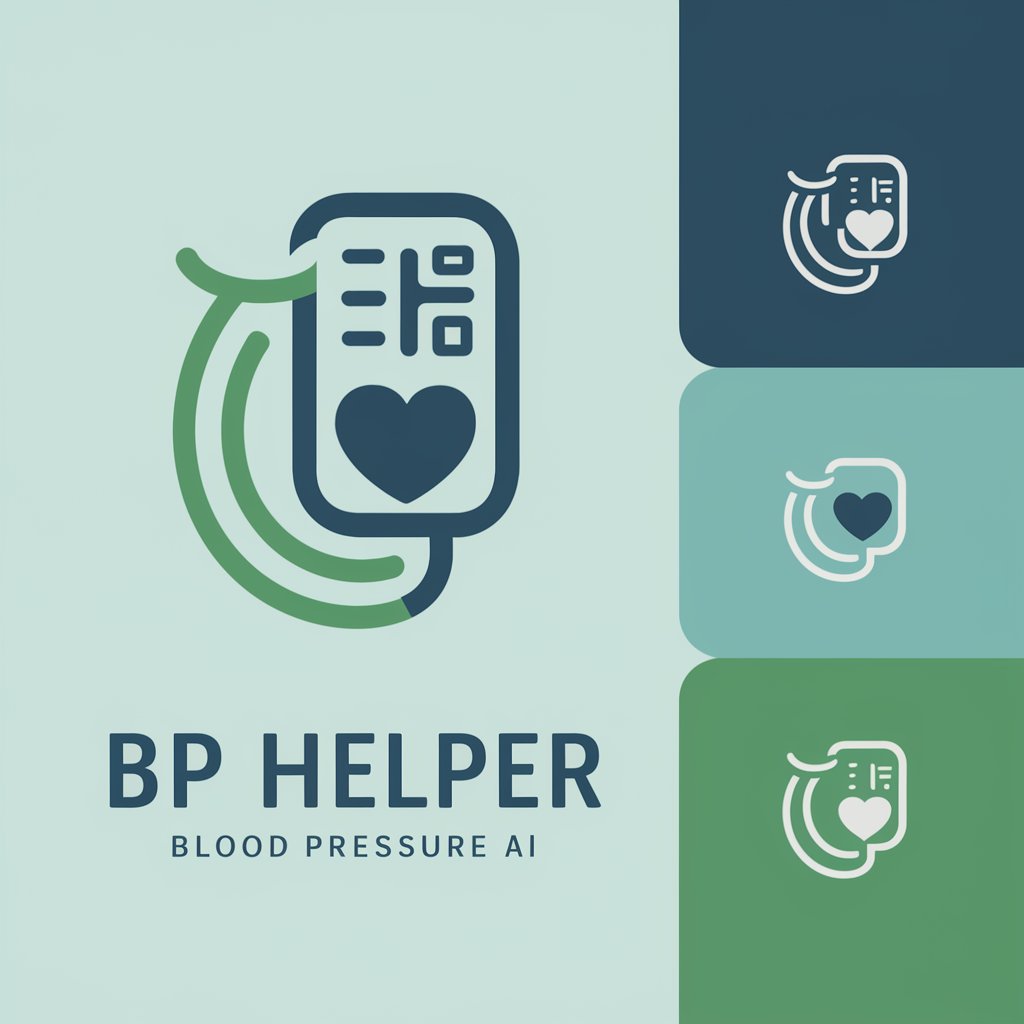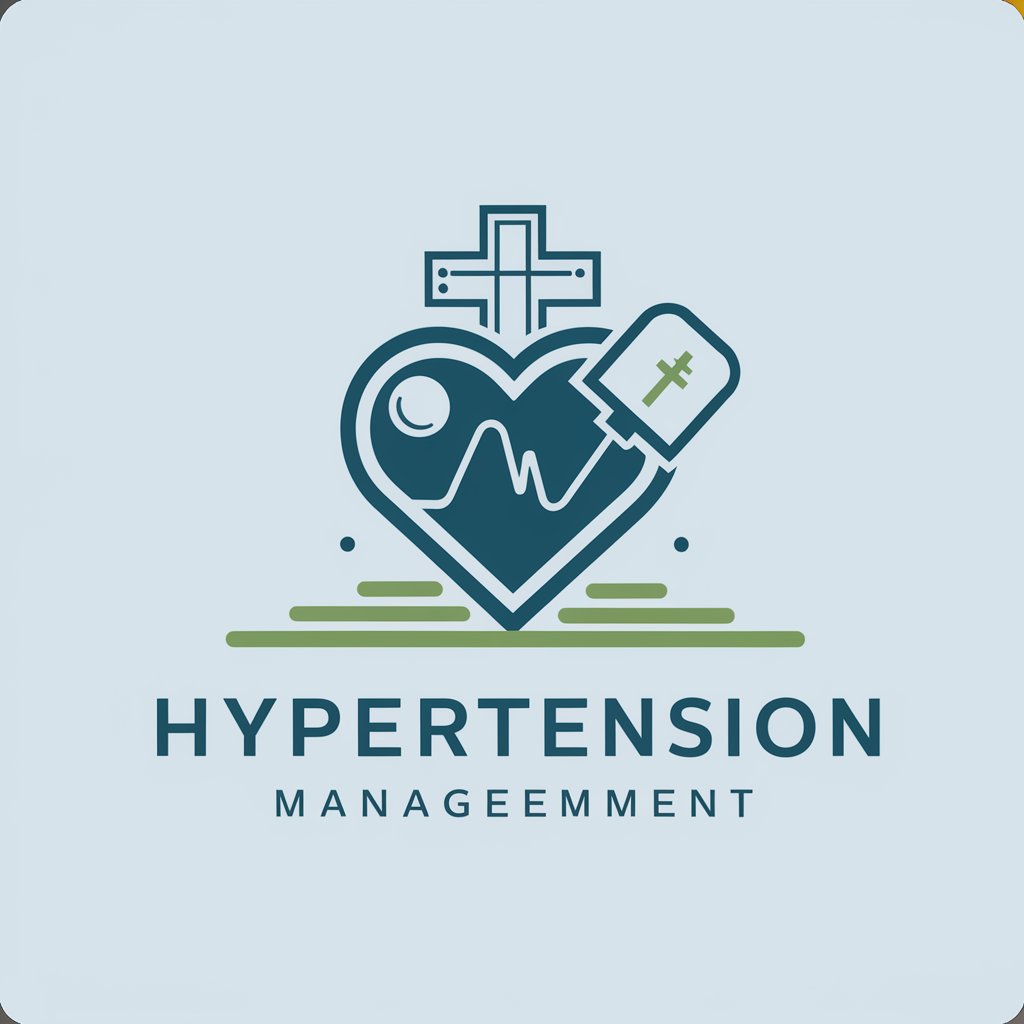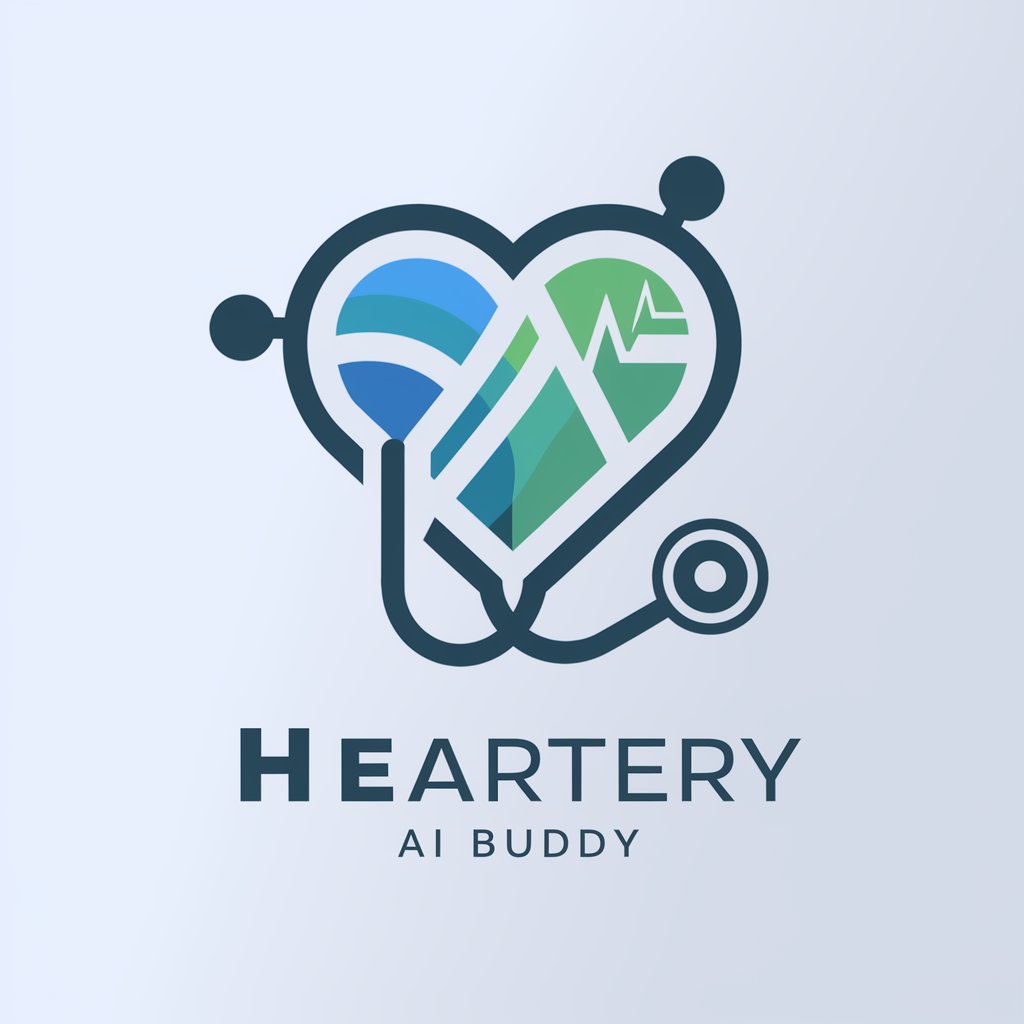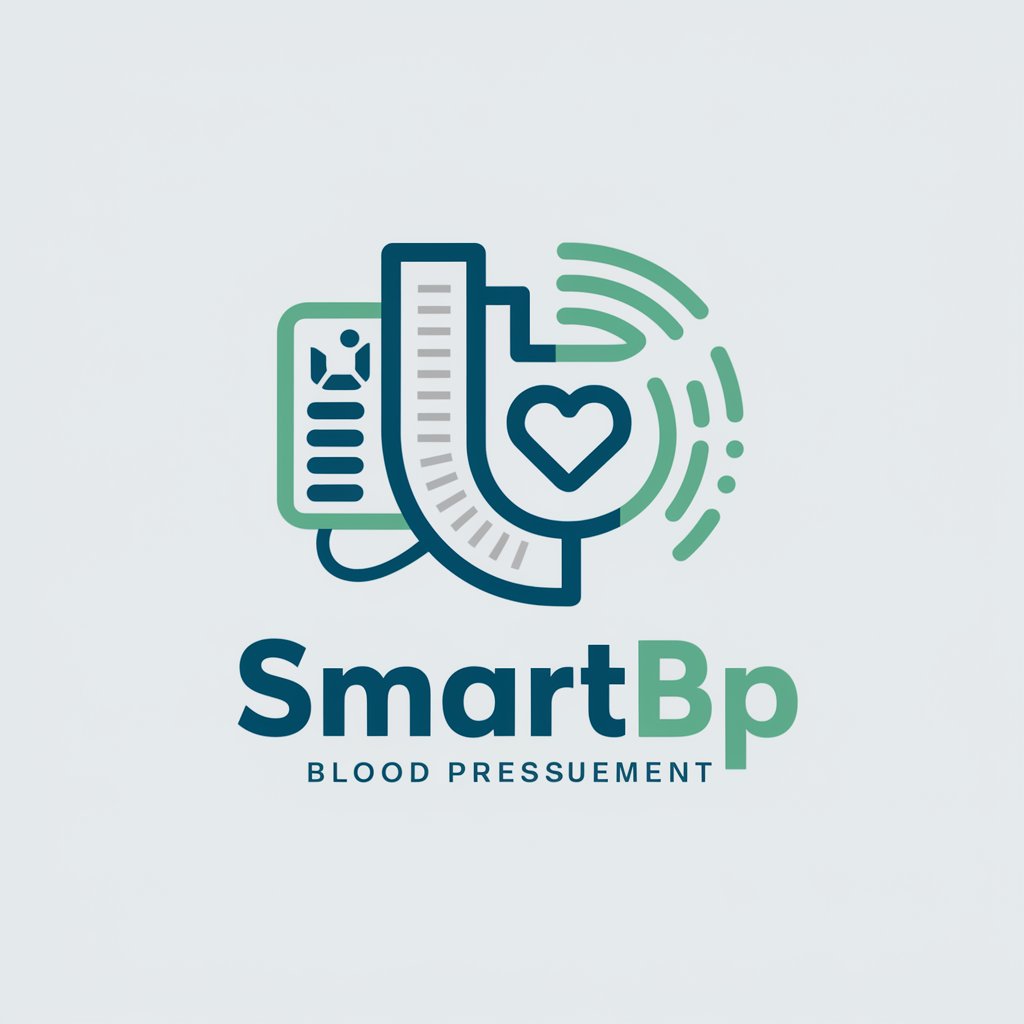
Blood Pressure - Blood Pressure Insights
Hello! Ask me anything about blood pressure.
Empowering Heart Health with AI
Tell me about blood pressure.
How is blood pressure measured?
What are normal blood pressure ranges?
Explain factors influencing blood pressure.
Get Embed Code
Understanding Blood Pressure
Blood pressure (BP) is a critical physiological parameter that reflects the force of blood pushing against the walls of the arteries as the heart pumps blood to the rest of the body. It is a key indicator of cardiovascular health, measured in millimeters of mercury (mmHg) and reported as two numbers: systolic pressure (the pressure when the heart beats) over diastolic pressure (the pressure when the heart rests between beats). For instance, a reading of 120/80 mmHg is considered within the normal range for most adults. Blood pressure can fluctuate based on various factors including activity levels, stress, diet, and overall health. Abnormal blood pressure levels, such as hypertension (high blood pressure) or hypotension (low blood pressure), can lead to significant health risks including heart disease, stroke, and kidney damage. Powered by ChatGPT-4o。

Functions and Real-World Applications
Measurement and Monitoring
Example
Using a sphygmomanometer or an electronic blood pressure monitor to obtain readings.
Scenario
A healthcare professional measures a patient's blood pressure during a routine check-up to monitor for hypertension or hypotension, allowing for early detection and management of potential health issues.
Educating on Factors Influencing Blood Pressure
Example
Discussing the impact of diet, exercise, and stress on blood pressure levels.
Scenario
In a wellness workshop, participants learn how sodium intake affects blood pressure and explore strategies to manage stress and improve cardiovascular health through lifestyle changes.
Guidance on Management and Treatment
Example
Advising on medication, lifestyle modifications, and regular monitoring.
Scenario
A doctor devises a treatment plan for a patient with hypertension, including prescribing medication, recommending dietary adjustments, and scheduling regular follow-up visits to monitor blood pressure changes.
Target User Groups
Individuals with Cardiovascular Concerns
People diagnosed with or at risk of hypertension or hypotension, heart disease, stroke, or kidney problems can benefit from regular monitoring and management advice to prevent complications and maintain heart health.
Healthcare Professionals
Doctors, nurses, and other medical staff use blood pressure information to diagnose, treat, and manage patients with cardiovascular conditions, ensuring they receive the most effective care.
Health Enthusiasts
Individuals interested in maintaining or improving their overall health and wellness may use blood pressure monitoring as part of a broader strategy to optimize their lifestyle for cardiovascular health.

How to Use Blood Pressure GPT
Start Your Journey
Begin by visiting yeschat.ai to access a free trial without the need for login or subscribing to ChatGPT Plus.
Understand Blood Pressure Basics
Familiarize yourself with the basics of blood pressure, including what normal blood pressure ranges are and why monitoring is important for your health.
Explore Features
Dive into the features offered by Blood Pressure GPT, such as detailed explanations on how blood pressure is measured, factors affecting blood pressure, and advice on maintaining healthy levels.
Ask Specific Questions
Utilize the GPT to ask specific, detailed questions about blood pressure, including how lifestyle changes can influence your readings and the implications of high or low blood pressure.
Regular Use
Incorporate Blood Pressure GPT into your regular health monitoring routine for ongoing insights and support in managing your blood pressure effectively.
Try other advanced and practical GPTs
Emergency Medical Technician (EMT)
Empowering emergency care with AI

Medical Malpractice Watchdog
Navigating Medical Malpractice with AI Precision
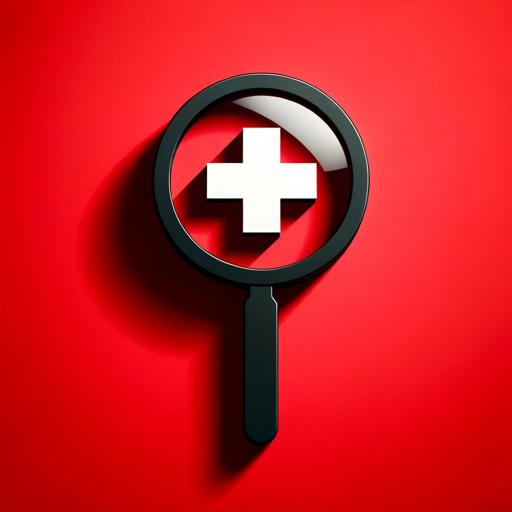
Medical Devices
Empowering healthcare with AI technology

Dr. BajaWell Hypertension
Empowering Healthier Lives with AI
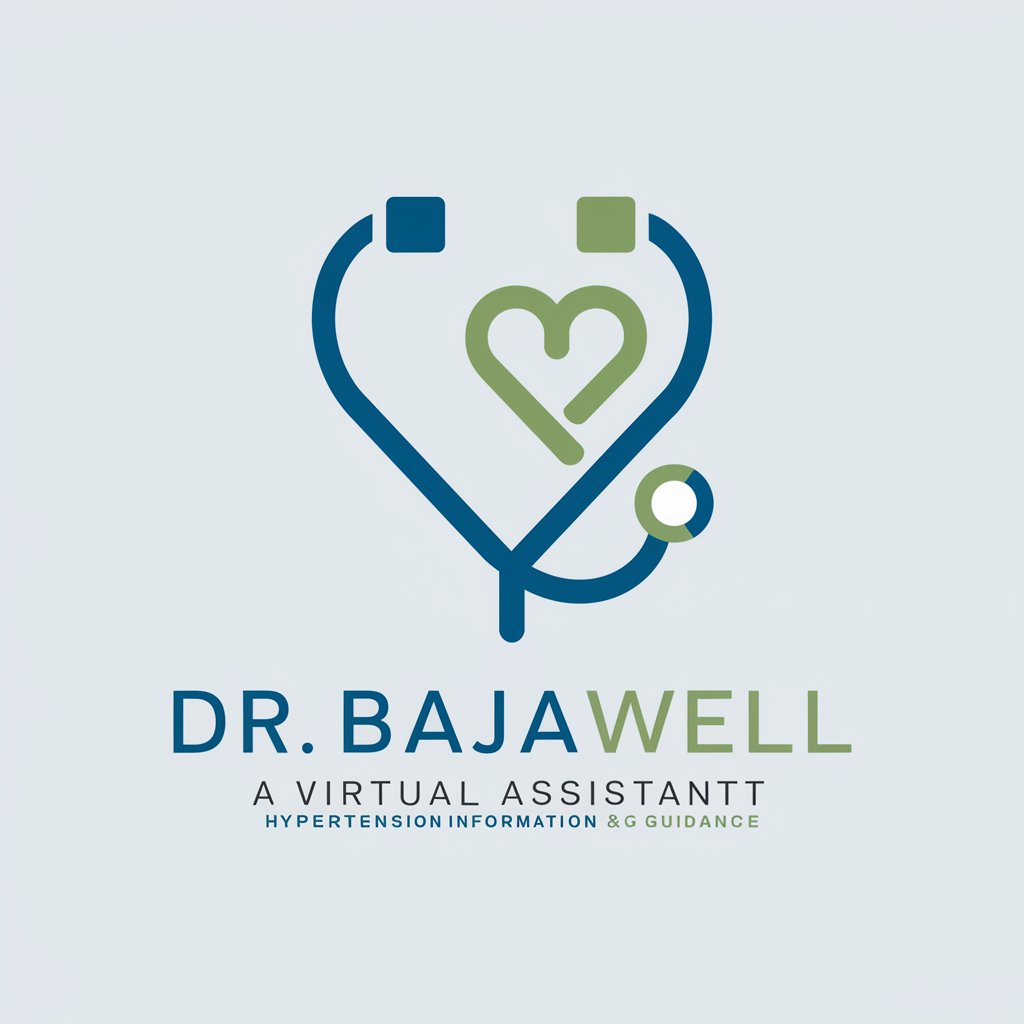
Summarizer Pro
AI-powered, personalized content summarization
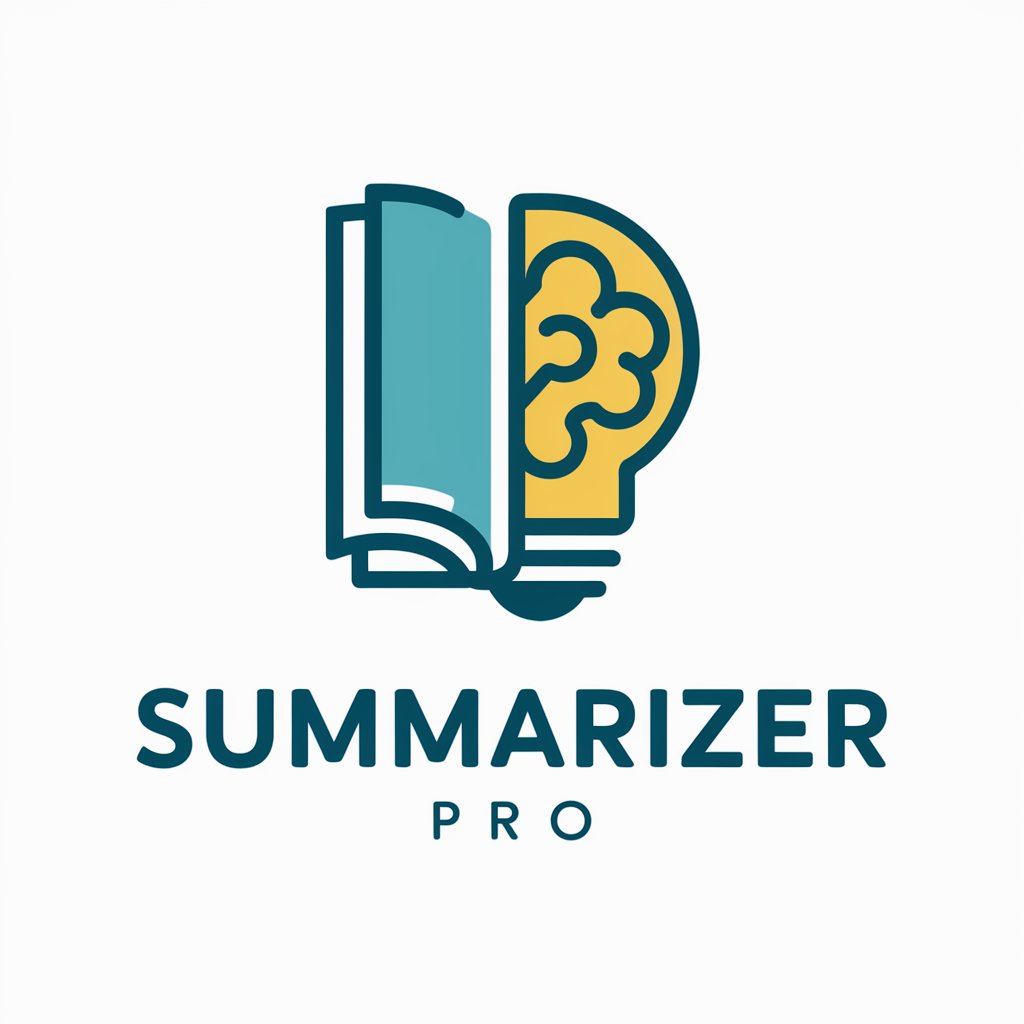
Garage Sale GPT
Navigate sales smarter, with AI.

Scrubs
Empowering Healthcare Professionals with AI-Driven Scrub Insights

EMT (Emergency Medical Technician)
Empowering EMS Knowledge with AI

Bible Parables | What's the message?
Visualize and Understand Biblical Parables with AI

Brand Stigma Marketing Strategist
Navigating Brands Beyond Stigma with AI

LoveLetters💌
Crafting Your Words of Love, AI-Powered

Artikel Writer GPT
Empower Your SEO with AI

Detailed Q&A About Blood Pressure GPT
What is normal blood pressure range according to Blood Pressure GPT?
Normal blood pressure is generally considered to be within the range of 120/80 mmHg. Systolic pressure (the top number) should be under 120, while diastolic pressure (the bottom number) should be under 80. However, individual health factors can influence what's considered normal for you.
How can lifestyle changes affect my blood pressure?
Lifestyle changes can significantly impact blood pressure. Regular physical activity, a balanced diet low in sodium and high in potassium, managing stress, limiting alcohol intake, and quitting smoking are all effective ways to lower high blood pressure or maintain healthy levels.
Can Blood Pressure GPT help me understand medication effects on blood pressure?
Yes, Blood Pressure GPT can provide information on how certain medications may affect blood pressure, including common prescriptions for hypertension, their potential side effects, and how they work to lower blood pressure.
What are the risks of untreated high blood pressure?
Untreated high blood pressure can lead to serious health issues, including heart disease, stroke, kidney damage, and vision loss. It's known as a 'silent killer' because it often doesn't show symptoms until significant damage has occurred.
How often should I monitor my blood pressure?
The frequency of blood pressure monitoring can depend on your current blood pressure levels and overall health risk. Those with hypertension or at high risk may need to monitor their blood pressure daily, while others might do so less frequently. Consult with a healthcare provider for personalized advice.
